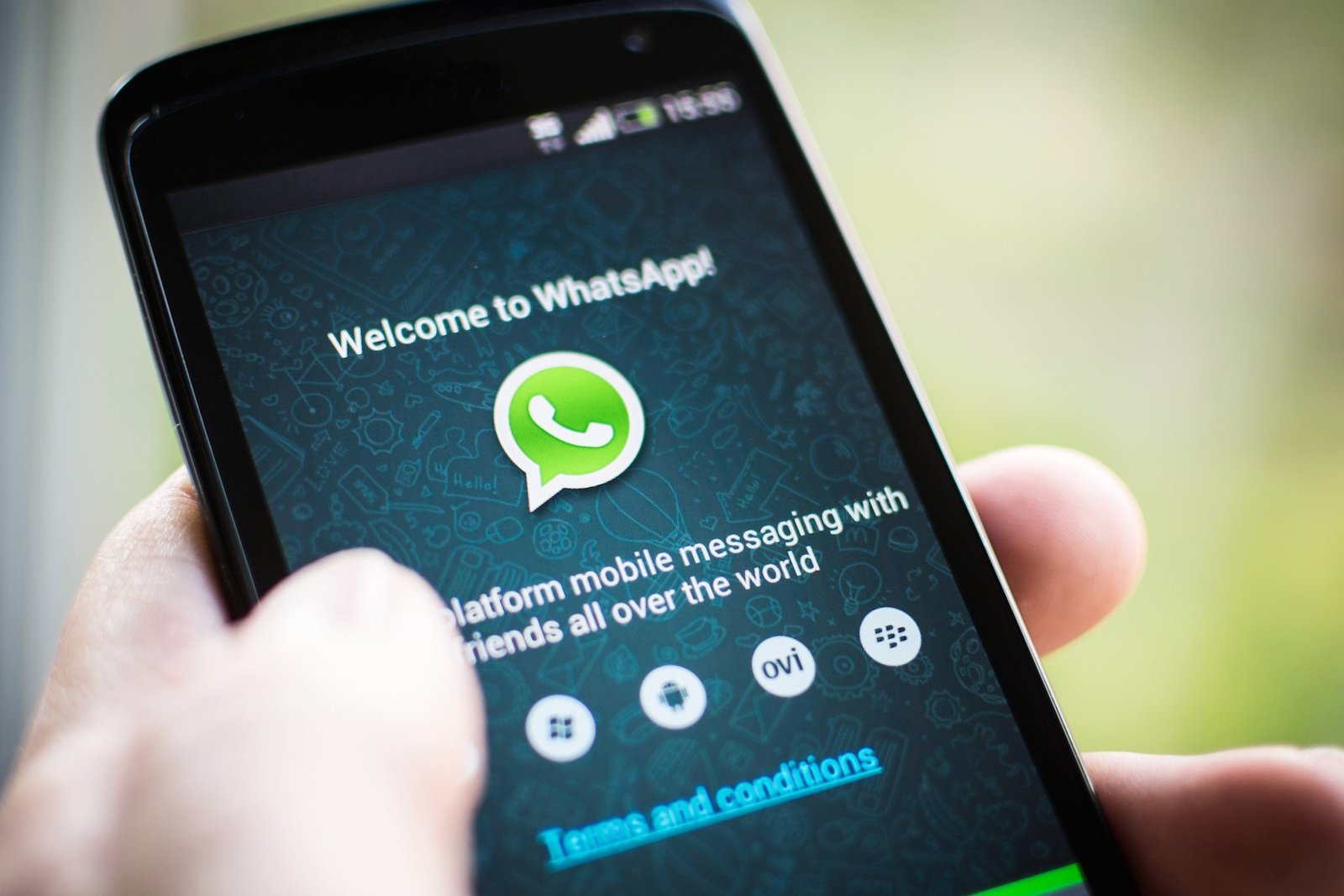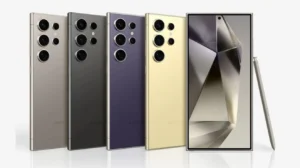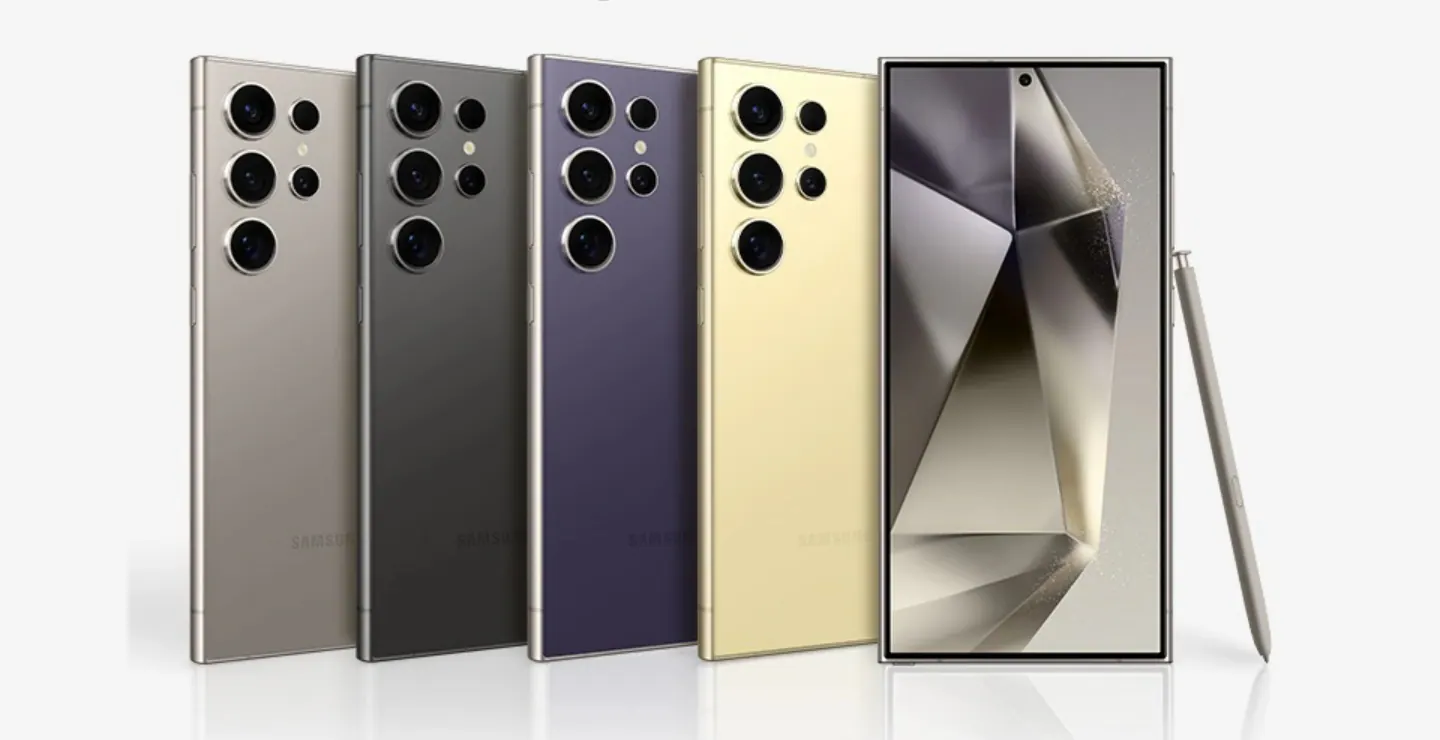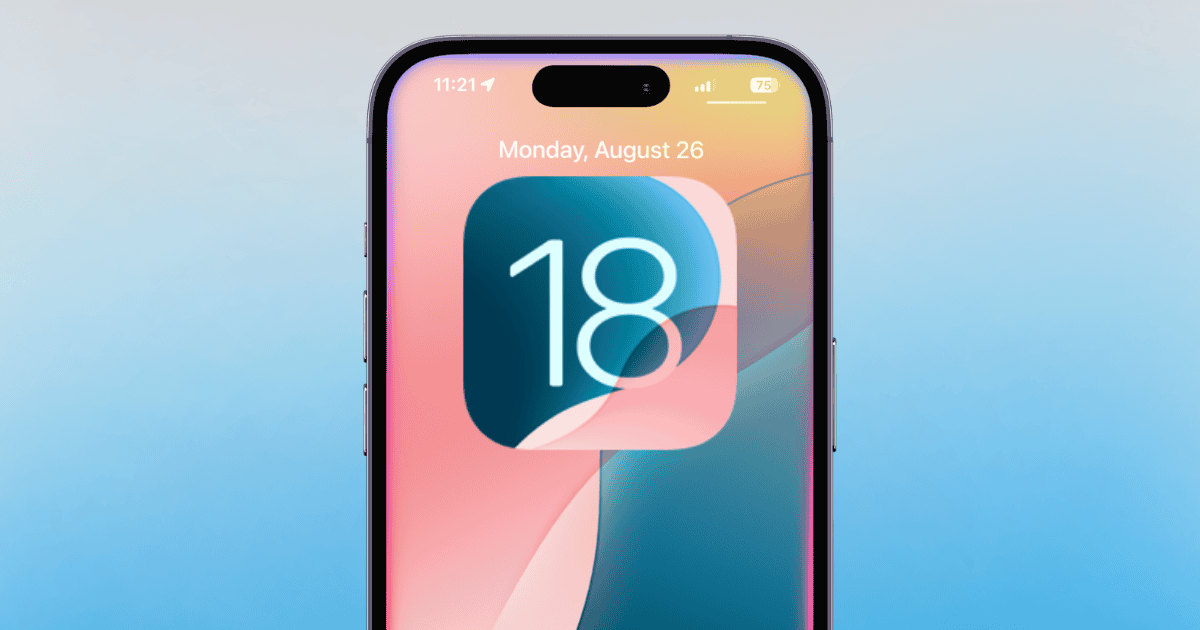Menlo Park, California headquartered Facebook Inc. (NASDAQ:FB) owned WhatsApp and Japanese Rakuten Inc. (NASDAQ: RKUNF) owned Viber are locking horns in the space of voice calling feature. WhatsApp launched in 2009 as a one-on-one or group messaging service and Viber started in 2010 as a voice calling app. Both the WhatsApp and Viber are available for almost all of the popular mobile OS platforms such as iOS, Android, Blackberry, Nokia Symbian, Windows Phone and Samsung Bada.
The popularity of Viber was primarily as its prime feature of providing voice and video calls for free. It has long been the go-to name in the industry for free VoIP phone calls, but in recent times, Viber’s free voice call feature has been seeing some stiff competition. Out of all the VoIP services, the biggest threat posed to Viber is actually WhatsApp.
WhatsApp CEO Jan Koum said in October 2014 that they would launch voice calling services in the first quarter of 2015 and they have live up to their promise. WhatsApp voice calling feature has been activated for all the users by end of March 2015 who have done an upgrade of the app.
Viber has become quite a significant name in the VoIP industry with its mobile app downloaded by more than 220 million users. WhatsApp has more than 1 billion downloads across the platforms and more than 700 million active users per month. So WhatsApp would give serious competition in terms of reach to the users. An Economist research estimate put WhatsApp ahead of other popular messaging platform by millions of users.
Both the Apps offer excellent voice quality over Wi-fi and 3G data. WhatsApp has become a phenomenon by offering excellent messaging service even over a 2G data. But the market is still to test the voice feature will it be a hit or miss. WhatsApp also offers a slew of features which provides it an upper hand. WhatsApp users can share their GPS location, Contact Information, Photos, Voice messages, Videos, Group Chats, Emoticons and offline messaging features. Viber offers sending of messages, emoticons, stickers and doodles.
Viber is equipped with a feature that lets users of the app call those who are not using the app. However, this requires that you buy credits from the Viber website and using the ViberOut feature, you can make very affordable calls to landlines and mobile phones not using Viber. This feature helps the company make money and also gives the user flexibility to make a call outside the app environment. The feature is still absent in the WhatsApp and it is unclear whether WhatsApp would like to extend the same to its users.
With crisp sound, a solid connection and WhatsApp’s massive market share, the company is well positioned to become the industry standard for voice calls. Let’s see what trick Viber can pull to maintain their market share.

















